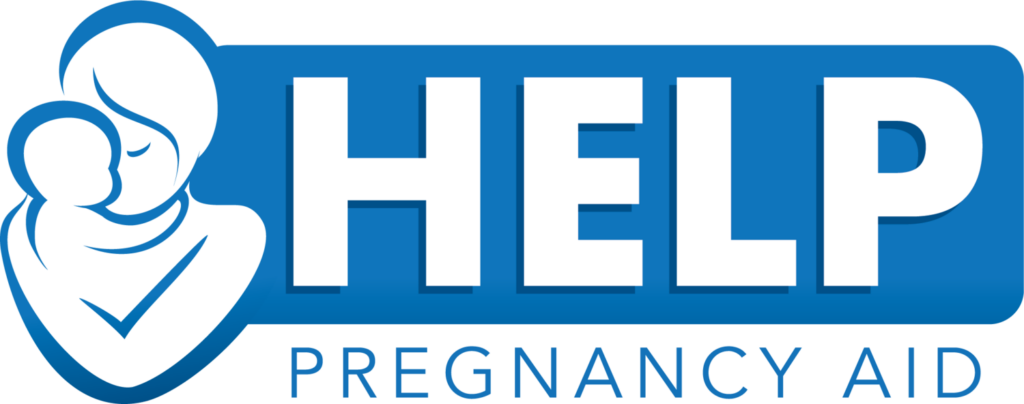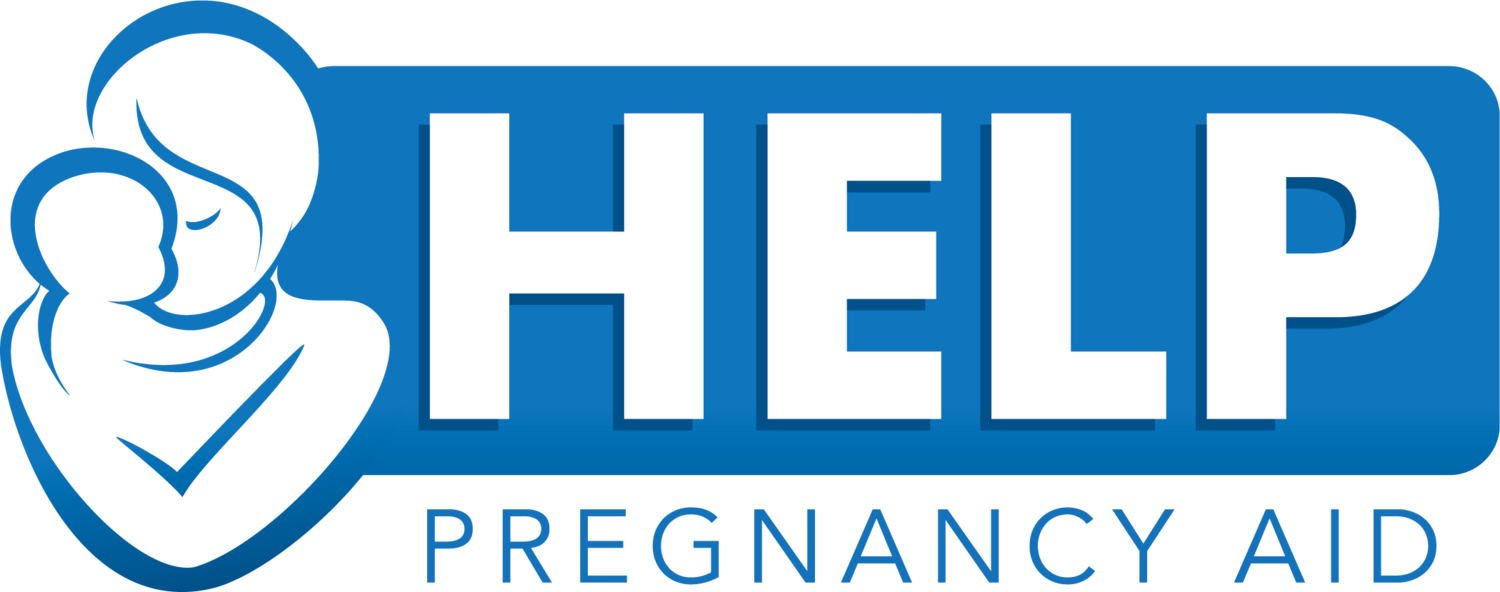Understanding the True Purpose of Your Cycle
Day 1 of your cycle rings in your period. You’ve been here before. You know the drill. Cramps, chocolate, binge-watching rom-coms from the early 2000s. But what is really happening during your period? You know you’re not pregnant, but what else?
What is Menstruation?
Your menstrual cycle is more than just your period; it’s a natural, monthly process that prepares your body for the possibility of pregnancy. Throughout this cycle, your body works to create a welcoming and nurturing environment for a fertilized egg to develop into a baby. If pregnancy doesn’t happen, you get your period. Even if it may feel like a nuisance at times, menstruation is a sign of good health and the incredible functionality of your body.
Phases of the Menstrual Cycle
There are four main hormones that are looked at when talking about fertility and your period. These hormones fluctuate throughout the month, which is what triggers your body to move into the next phase. Here is a little glimpse of what is happening during each of these phases:
The menses phase: (around day 1-7) –
The menstrual cycle starts with the menses phase on day 1, the lining of your uterus has thickened in order to prepare a space to nurture the potential pregnancy. When pregnancy doesn’t occur, your body sheds the thickened uterine lining through your vagina. This is the phase you know as your period.
Symptoms: This phase brings the most noticeable symptoms, including mood swings, increased appetite, sleep disturbances, headaches, and cramping.
The follicular phase: (around day 1-14) –
The follicular phase starts on the first day of your period and lasts until ovulation, overlapping with the menses phase. During this time, your body prepares eggs for the next cycle, with only one reaching full maturity for potential fertilization. This phase involves the secretion of estrogen, which thickens the uterine lining for possible egg implantation.
Symptoms: This is often the time during your cycle that you feel most calm.
Ovulation: (around day 14)
Ovulation is the event of the egg being released by the ovary, marking your fertile period, which lasts just 12-24 hours. This means you could wake up not fertile and become fertile by night! While this fertility window is brief for women, men are always fertile, extending the couple’s overall fertility window to about 5 days since sperm can survive in the woman’s body for this duration. Conception is possible if ovulation occurs during or shortly after these 5 days.
Symptoms: Despite being the shortest phase, ovulation has clear signs, such as a heightened sex drive, a softer cervix, and cervical mucus that becomes clear and stretchy, similar to egg whites.
The luteal phase: (around day 14-28)
The luteal phase begins with ovulation and overlaps, as the follicular phase does with the menses phase. The luteal phase is crucial because if you conceive, it’s when the fertilized egg embeds itself in the thickened lining of your uterus, where it will remain throughout pregnancy. One in five women experience cramping during this phase as your egg – fertilized or not – makes its way down the fallopian tubes.
Symptoms: At the end of this phase you may experience PMS symptoms that are typically associated with your period. It’s normal to feel bloated, tired, or have cravings.
Exploring the Onset and Frequency of Menstrual Cycles
Girls usually get their first period anywhere between 11-15 years old. From that point on, a typical menstrual cycle will occur on a monthly basis until menopause (around age 51) . On average, the menstrual cycle lasts about 28 days, but it’s completely normal for cycles to vary between 21 to 35 days in adults and 21 to 45 days in young teens. The duration of your menstrual cycle might change over time and can be influenced by various factors.
Factors Affecting the Menstrual Cycle
Let’s talk about how different things in your life might affect your menstrual cycle:
- Stress: Significant stress can lead to changes in your menstrual cycle, including missed or irregular periods.
- Lifestyle Changes: Shifts in your daily routine, such as changes in diet or exercise habits, can influence your cycle.
- Health Conditions: Certain medical issues, like polycystic ovary syndrome (PCOS) or problems with your thyroid, can impact your menstrual health.
- Medications and Contraceptives: Taking certain medications, like birth control pills, can also affect the regularity and symptoms of your menstrual cycle.
It’s completely normal for your period to be slightly different from month to month. But if you notice any big changes or if you’re feeling uncomfortable, it’s a good idea to talk to a doctor. They can help you understand what’s going on and give you advice on how to feel better. Taking care of your body is important, and getting help when you need it is a smart move.
But whether your cycle is regular or a bit more unpredictable, it’s uniquely yours. Sure, there might be days when you feel like your uterus is turning against you, but remember – your body is doing great things. You’re not alone in this and together, we can navigate the twists and turns with grace, humor, and maybe a little extra chocolate.
Have More Questions?
HELP Pregnancy Aid offers ongoing classes on women’s health and pregnancy topics. Have questions about your cycle? Check out our “Focus on Fertility – Your Body, Your Beauty” class and our other class offerings. Our classes are a great opportunity to get answers to some of those lingering questions and to get connected with other women.
References
https://naturalwomanhood.org/
https://my.clevelandclinic.org/health/articles/10132-menstrual-cycle

